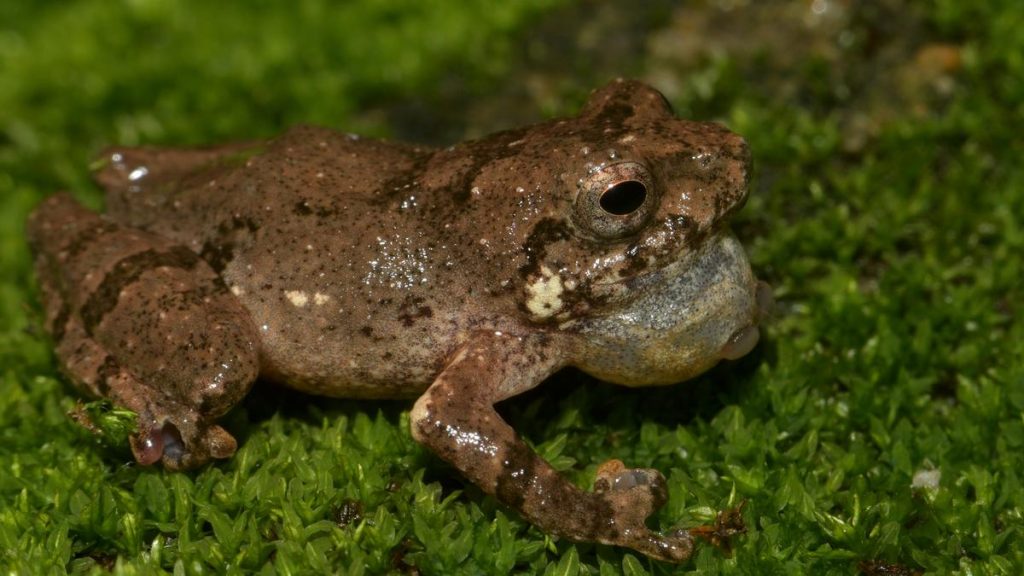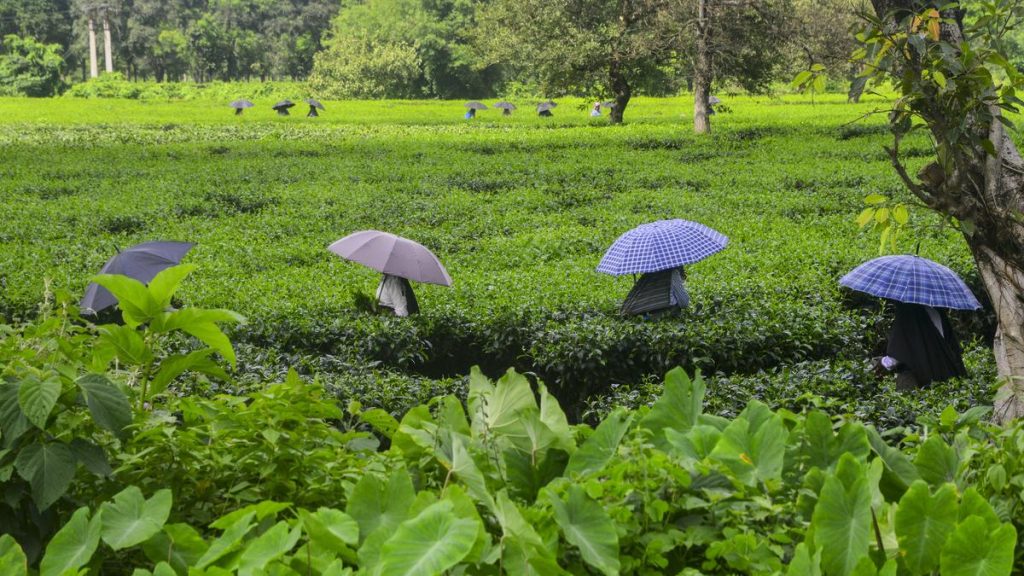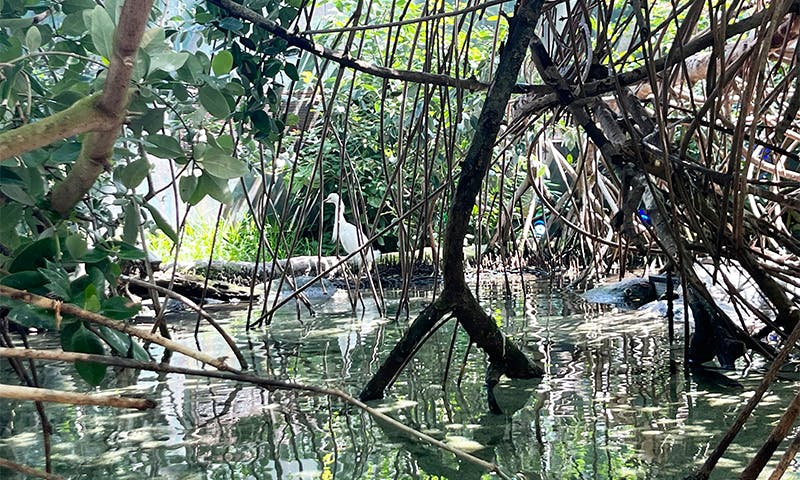Now Reading: Unveiling the Mystery of Pregnant Rays
-
01
Unveiling the Mystery of Pregnant Rays
Unveiling the Mystery of Pregnant Rays
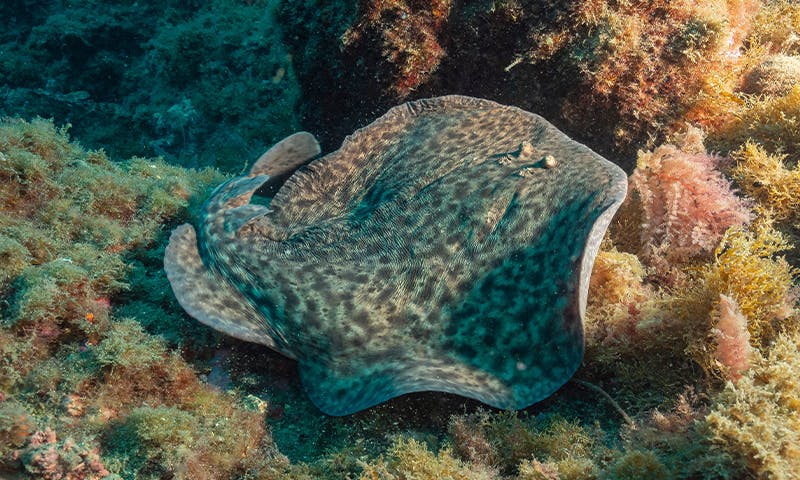
Quick Summary
- Location: The Gorringe Seamount in the Atlantic Ocean, about 124 miles off Lisbon’s coast, is a biodiversity hotspot with habitats ranging from kelp forests to deep-sea sponge beds.
- revelation: scientists found hundreds of pregnant marbled electric rays concentrated in the seamount’s rocky crevices.This was unprecedented as rays are typically solitary creatures.
- Biology of Rays: Rays carry their young internally until fully formed and rarely form large groups outside feeding areas or birthing grounds.
- Ecological Observations: An absence of sharks, the top predators for rays, was noted at the seamount due to overfishing (historically 70% shark bycatch in tuna fisheries).
- Implications: While shark depletion indicates ecosystem disruption by industrial fishing, the large ray population suggests reduced harmful fishing methods near Gorringe.
- Research Goals: Scientists aim to understand behaviors and movements of these rays to protect them and conserve this unique underwater ecosystem.
Image Included: A colony of pregnant torpedo rays overlapping within sea grasses is shown.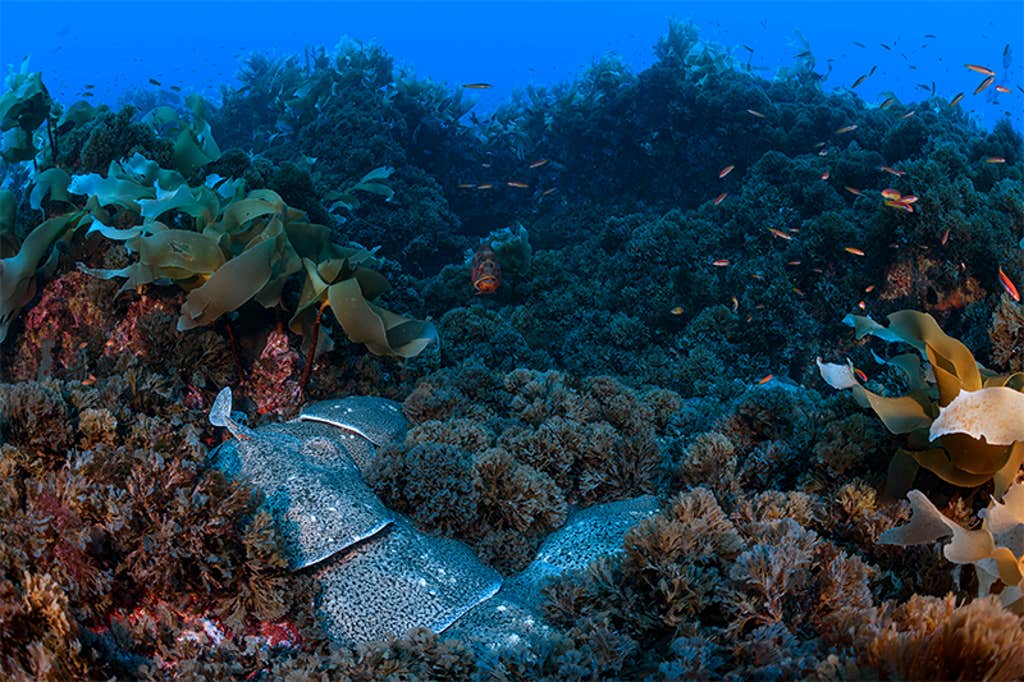
Indian Opinion Analysis
The findings at Gorringe Seamount highlight critical ecological issues stemming from human activities like overfishing while offering hope through an unexplored marine refuge where biodiversity thrives despite predator loss. India’s experience with depleted ecosystems-such as mangroves or coral reefs-reinforces the importance of protecting such areas globally.
For India specifically, research into unique biological phenomena (similar to pregnant ray gatherings) can strengthen conservation frameworks tailored for its densely populated coastal zones and vibrant marine ecosystems like Rameswaram or Lakshadweep islands.India’s ongoing commitment toward sustainable fisheries management-a challenging but vital endeavor-may benefit from global case studies like this one on balancing industrial impact with preservation efforts.
India has considerable stakes in oceanic research partnerships that explore biodiverse spots globally since innovations often lead back to better safeguarding domestic waters while sharing best practices internationally.


